Published
2 months agoon
Social media platforms have become powerful tools for communication and self-expression, enabling people from all walks of life to share their thoughts and opinions with the world. However, governments around the world have been increasingly asserting their control over these platforms, often at the expense of free speech.
One such example is the Indian government’s recent crackdown on social media platforms, particularly X (formerly known as Twitter), where it sought to silence users speaking out on the Farmers’ Protest in the country.
The Indian government’s crackdown on social media platforms can be traced back to the ongoing farmers’ protests in the country. Farmers have been protesting against new agricultural laws that they believe will harm their livelihoods. These protests gained widespread attention both within India and internationally, with many social media users expressing their support for the farmers and sharing information about the protests.
X, one of the most popular social media platforms in India, found itself at the center of the storm when the Indian government issued blocking orders targeting accounts and posts related to the farmers’ protests. In response, X complied with the government’s orders and withheld the specified accounts and posts within India. However, the platform made it clear that it disagreed with the actions taken by the government, asserting that freedom of expression should extend to these posts.
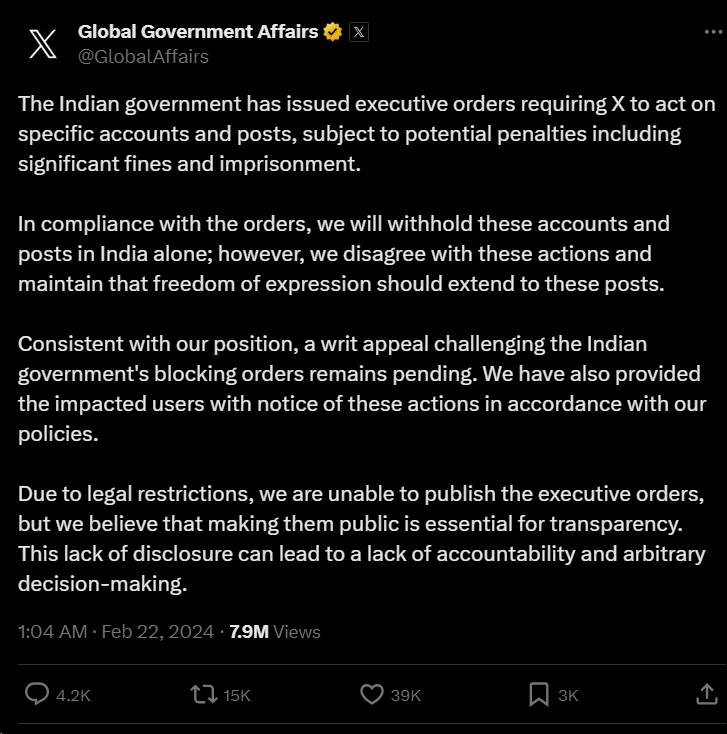
X’s disagreement with the Indian government’s actions led to a legal battle in the Karnataka High Court. The platform’s Global Government Affairs team has been fighting the blocking orders in court, arguing for the protection of users’ freedom of expression. However, the hearings in the court have been infrequent, with a month passing between each hearing. This delay has raised concerns about the effectiveness of the legal process in safeguarding free speech.
One of the key issues highlighted by X’s response to the Indian government’s blocking orders is the lack of transparency and accountability. The platform, citing legal restrictions, has been unable to publish the executive orders it receives from the government. This lack of disclosure can lead to a lack of accountability and arbitrary decision-making. Previously, X used to publish lists of accounts and handles that were taken down due to government orders, but it has since stopped doing so.
The Indian government’s crackdown on social media platforms and the blocking of accounts and posts raise serious concerns about the state of freedom of expression in India. Critics argue that these actions curtail the fundamental right to express dissent and stifle voices that challenge the government’s narrative. The blocking of accounts and posts not only limits the reach of information but also creates a chilling effect, deterring individuals from expressing their opinions on sensitive issues.
The banned social media accounts on X and Facebook include those of farmer leaders and organizations involved in the farmers’ protests. Accounts of prominent figures such as Sarvan Singh Pandher, the coordinator of Kisan Mazdoor Morcha (KMM), and Tejveer Singh Ambala, the spokesperson of BKU (Shaheed Bhagat Singh), have been blocked. Independent journalist Mandeep Punia, Khalsa Aid’s Ravi Singh, and Canadian Punjabi singer Jazzy B are among the non-farmers whose accounts have been banned.
The Indian government’s actions have not gone unnoticed by international observers and global tech giants. The situation has raised concerns about the freedom of expression and the power of governments to control online discourse. Foreign technology companies operating in India, including Google, Facebook, and X, have faced criticism for their perceived failure to adequately address government demands to tackle what is deemed as “fake” or “anti-India” content. This has led to a broader debate about the responsibility of tech companies in safeguarding free speech and protecting user rights.
The Indian government’s actions highlight the need for a balanced approach that respects both free speech and national security concerns. While it is crucial to address the spread of misinformation and hate speech, any measures taken should not unduly restrict the right to express dissenting opinions. Governments must work in collaboration with social media platforms to find solutions that strike the right balance between protecting public safety and preserving freedom of expression.
The Indian government’s crackdown on social media platforms, particularly X, raises significant concerns about the state of free speech in the country. The blocking of accounts and posts related to the farmers’ protests has sparked a debate about the limits of government control over online platforms and the protection of individuals’ right to express their opinions. As technology continues to shape our lives, it is crucial to ensure that free speech remains a cornerstone of our digital society and that governments and tech companies work together to uphold this fundamental right.


The Simpsons did it again! This time foreseeing Apple’s latest technological innovation – The Apple Vision Pro


Dilip Venkatraman was promoted to SVP and business head for Media and Entertainment at Tech Mahindra
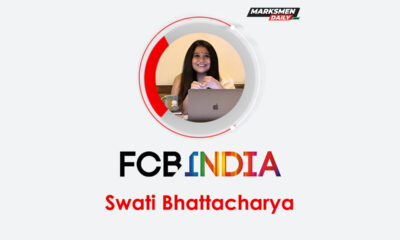

Swati Bhattacharya steps down as FCB India CCO
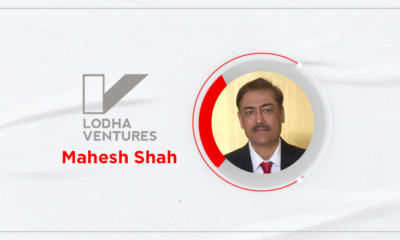

Lodha Ventures onboards Mahesh Shah as President of Corporate Communications
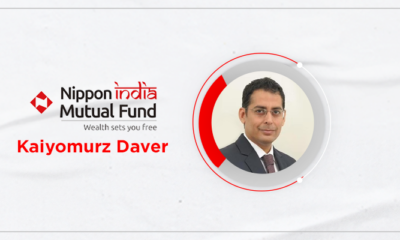

Nippon India Mutual Fund names Kaiyomurz Daver as Chief Marketing Officer
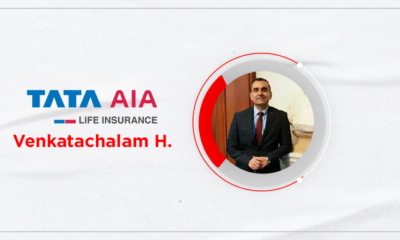

Tata AIA Life Insurance appoints Venkatachalam H. as new Chief Executive Officer (CEO) and Managing Director

